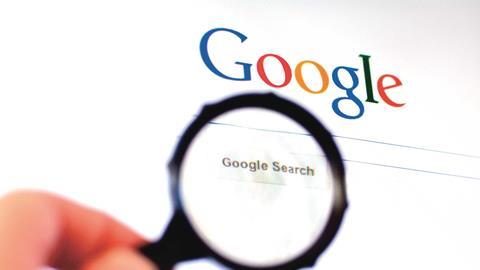In the early 1920s, about half the cars in the world were Ford Model Ts. Motor magnate Henry Ford's dominance didn't apply just to the hardware of motoring, he wrote its software too. Famously, he decreed that cars should be black; he also required Model T drivers to change gear with their left feet and adjust the throttle with their right hands.
In the face of such dominance, how did multi-coloured vehicles, universally accelerated with the right foot, become the norm?
The answer, of course was innovation. Ford's Model T was toppled by rival manufacturers such as Chevrolet which offered more comfortable and stylish cars with innovations like three-speed gearboxes and a separate clutch.
They succeeded because Ford had the megalomaniac tendency to assume that he coincided with the end of history. There's a little of that in all of us; why else was the golden age of pop music, TV or sporting heroics always in our teenage years? Part of the process of growing up is recognising that new ideas will succeed the old, and continue to do so after we are gone. Of course some never achieve that adjustment. We could call them psychopaths - or governments.

In Ford's case the trait exhibited itself in a belief that the Model T, first sold in 1908, would be the only motor car that most people would ever need or want. In the case of governments, the trait exhibits itself as habit of taking a regulatory sledgehammer to problems in the belief that human ingenuity has run its course.
The Model T example is especially apt, because the adolescent 'end of history' tendency is dominant in competition policy, as seen in the European Commission's pursuit of Google. The web giant has been hit with a record €2.4bn fine for abusing its dominance in the search engine market; the commission is now encouraging companies that believe they have been hurt by its behaviour to sue for lost earnings.
Many, perhaps most, readers will cheer. I'm no fan of Google myself, and not just because of its cavalier attitude to copyright. However, its offence in the eyes of the European Commission does not seem particularly egregious: according to competition commissioner Margrethe Vestager, it promoted its own shopping service in search results, at the expense of rivals. This may well be true, and if Google is presenting itself as an unbiased public good there is a case for requiring it to publish its algorithms. But for all its 'Don't be evil' founding philosophy, it is a commercial business out for its own good. Users should expect a certain amount of revenue-enhancing trickery, just as we expect supermarkets to place the wine bottles with the biggest price mark-ups at eye level.
If Google were the only search engine available and was abusing that position to extort money from consumers, it would justly be hammered by the law. But, for all Google's market dominance, that does not seem to be the case today. Where is the economic harm resulting from its activities? Google is free to consumers, as are numerous competitor search engines, the best known of which is Microsoft's Bing. More to the point, the universities of North America and Asia are humming with computer scientists scrabbling for the breakthrough that will turn them in to the next Sergey Brin.
Antitrust policy invariably misses this point about new technology. The US Justice Department spent 13 years pursuing computer giant IBM through the courts, missing the fact that its dominance was being eroded by microcomputers. When the antitrust spotlight turned to Microsoft, Bill Gates' company was already on the wane thanks to the arrival of web-based innovators such as Google.
Whatever the European Commission believes, it is unlikely that the history of technological innovation has ended. Google may be a behemoth, but history suggests it will be unable to stop nimbler rivals grabbing the market when they come up with something better. Only governments can do that, which is why they should tread lightly.
































3 Readers' comments